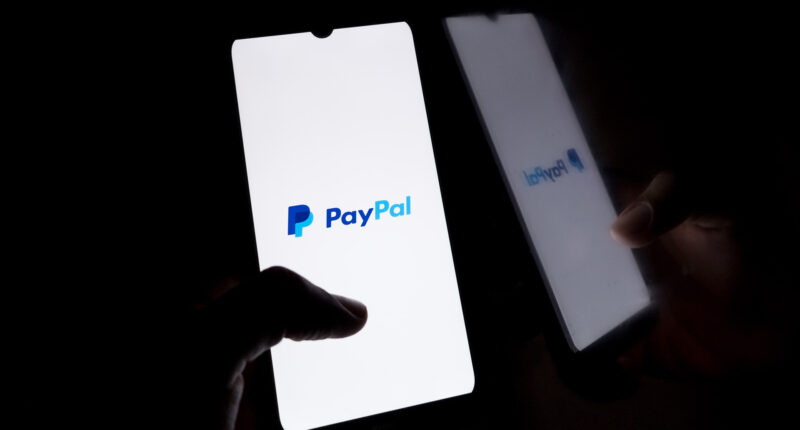A MAN has been tricked into withdrawing tens of thousands of dollars from his life savings after being deceived by a scammer.
The victim believed he was communicating with a PayPal customer service representative.


A 90-year-old man from Connecticut received an email from someone he thought was a PayPal employee.
In reality, the email came from Qiao Zheng, 42, a scammer from Brooklyn, New York.
Zheng sent the victim on a wild goose chase that lasted several days, and ultimately cost him a fortune.
The email claimed that the victim’s PayPal account was flagged over a Bitcoin transaction, and required action.
A phone number for customer support was also contained within the fraudulent email.
After calling the fake number, the victim unknowingly provided the scammer with access to his computer.
The suspect then persuaded the victim to transfer money into another account.
When the victim couldn’t transfer the money, he was told to take out $49,900 in cash from various banks and give it to a courier at his home.
The suspicious demands prompted the victim to contact South Windsor police, who began investigating on Monday.
But the suspect once again reached out to the victim, this time demanding an additional $20,000.
The victim was informed that a courier would arrive to collect the money early Thursday afternoon.
The suspect, identified by police as Qiao Zheng, arrived at the home and was arrested that day.
Zheng was charged with conspiracy to commit second-degree larceny, according to police.
Second-degree larceny charges can carry penalties of up to $10,000 in fines and ten years in prison in Connecticut.
Bank tips for avoiding scams

As scams become more sophisticated with the use of artificial intelligence, it is important you know how to spot a scam:
- Be skeptical of online deals that seem too good to be true, especially on social media.
- Scammers will often use tactics to make you panicked so you make quick decisions – be cautious if you are told to take immediate action and verify who has contacted you.
- Chase Bank warns customers to “never return any unexpected funds without calling Chase first.”
- Never send money to someone you have only spoken to online or by phone as this is likely a romance scam.
- Unless you 100% know who you are talking to, never give someone remote access to your device.
- Never accept help from strangers at an ATM and always be vigilant when making withdrawals.
- Do not send money or click any links indicating that you have won a prize.
Source: Chase.com
Zheng was detained with a $100,000 surety bond and was set to appear in Manchester Superior Court on Friday morning.
Meanwhile, an Amazon customer lost $19,000 after being contacted by a scammer pretending to be from the Federal Trade Commission.
In another incident, a New York woman lost $700,000 to a scammer who was also posing as an employee for the FTC.
The amount of money reported stolen by scammers nationwide nearly doubled from 2022 to 2023, according to a report from the FTC.
In the first quarter of 2024 alone, consumers reported losing $20 million in cash payments to scammers posing as government officials.
Americans fall victim to frauds amounting to billions of dollars each year, according to the FTC.

















